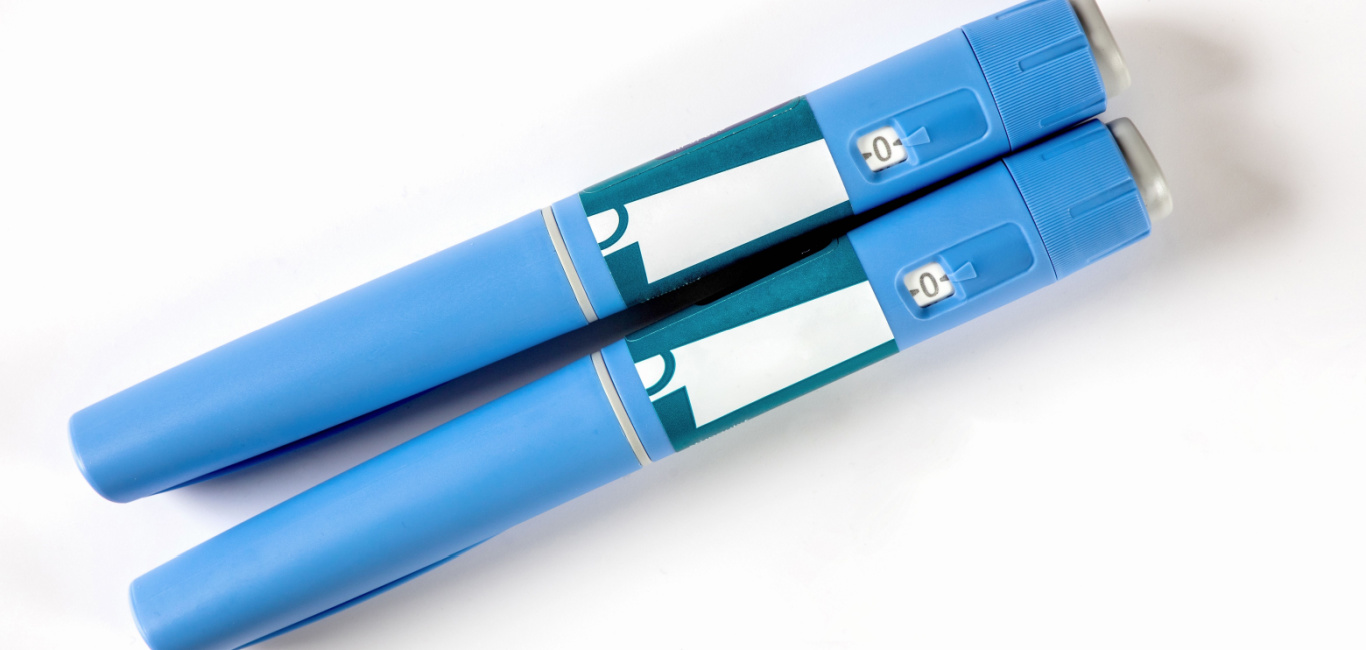
The US Food and Drug Administration (FDA) has approved the first cellular therapy – Lantidra – to treat adults living with type-1 diabetes (T1D) who struggle to manage their blood sugar levels using insulin injections.
The treatment involves administering donor pancreatic islet cells to individuals with the condition, helping their bodies start producing all or part of the insulin required to manage blood sugar levels.
“Today’s approval for the first-ever cell therapy to treat patients with type 1 diabetes, provides individuals living with type 1 diabetes and recurrent severe hypoglycemia an additional treatment option to help achieve target blood glucose levels,” Dr Peter Marks, director of the FDA’s Center for Biologics Evaluation and Research, said in a statement.
Balancing insulin
T1D is a chronic condition when the immune system mistakenly attacks and destroys the insulin secreting β- cells in pancreas. This leads to a decrease in insulin production leading to higher blood glucose levels.
People with diabetes regulate this elevated blood sugar levels by injecting themselves with insulin, necessitating constant vigilance. However, the excess use of insulin can lead to a dangerous condition known as hypoglycemia (low blood sugar). In some cases, people become unaware of their dropping sugar levels, a condition called hypoglycemia unawareness. “Severe hypoglycemia is a dangerous condition that can lead to injuries resulting from loss of consciousness or seizures,” says Marks.
Islet transplantation
Research into replacing and reducing the loss of pancreatic β-cells has been underway for some time now. Islet transplantation has been the frontrunner in this, allowing individuals with diabetes to achieve independence from taking insulin daily.
“Islet transplantation is not new at all. It has been done for many decades” says Dr Bart Roep, a Professor of Diabetology, Immunopathology & Intervention and Director of the National Diabetes Center of Excellence at the Leiden University Medical Center.
The therapy has shown good clinical outcomes in the past with the first islet transplant being done in 1974. Since then, the procedure of the transplant has been refined with recipients becoming insulin independent, demonstrating its potential for reversing T1D.
The promise of cellular therapy
With the recent FDA approval of Lantidra, a new era of cellular therapies has emerged, paving the way for innovative medical advancements in the field. The therapy works by infusing donor β- cells that produce insulin for those who have T1D. The infusion occurs through the hepatic (liver) portal vein and a second infusion is done depending on how the person responds to the initial dose.
The safety and efficacy of this therapy was evaluated in two studies and tested on 30 participants with hypoglycemic unawareness. Results showed that out of the 30, 21 participants did not need to take insulin for a year while 11 of them did not need insulin for five years.
However, the therapy does have some some side effects including nausea, fatigue, anaemia, diarrhoea, and abdominal pain. These will need to be assessed for every individual who avails of the therapy with the risk vs benefit being weighed out.
It also brings into question if such a therapy can be used for long-term management of T1D as Dr Roep points out that the current standard care for people who are infused with islet cells is the use of immune suppressive medication to prevent rejection. This does not do anything for recurrent islet autoimmunity (cause of T1D).
In addition to this, the cost of cellular therapies will also come into the picture as donor cells can be hard to procure. “For the largest part of this world, this therapy is not an option,” adds Dr Roep.
A new study in the Lancet highlights a steady increase in diabetes cases within the Indian population, with an estimated 101 million affected individuals. There is an urgency for improved treatment options more than ever.
But Dr Reop remains hopeful as there are many trials for therapies that could tackle T1D disease progression. In addition to trials, there are also newer technologies of glycaemic control like insulin pumps, bihormonal pumps, and blood glucose sensors that keep improving.

















